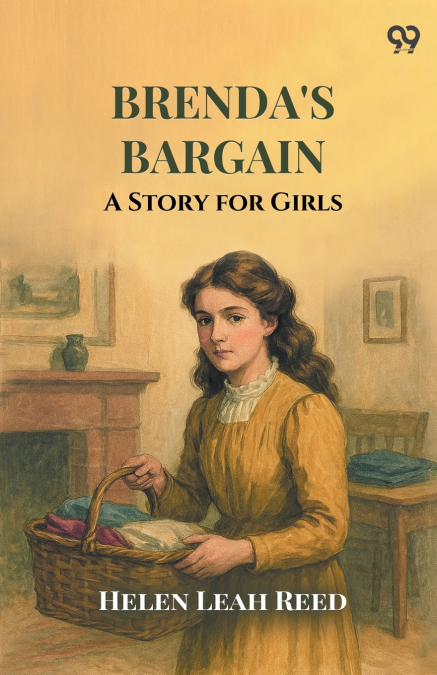
Helen Leah Reed
Brenda’s bargain: A story for girls opens with a quiet yet significant gesture that reflects a larger moral vision. A young woman, raised in comfort, chooses empathy over judgment when an accidental mishap occurs in a shop. Her willingness to show compassion rather than frustration reveals the novel’s concern with moral strength and human dignity. Rather than punishing a working-class girl for breaking a fragile item, the protagonist takes responsibility and quietly shifts her focus toward helping someone she perceives as vulnerable. This action, grounded in kindness rather than pity, initiates a journey of cross-class connection and ethical growth. As the narrative begins to unfold, the contrast between economic conditions and personal character becomes more pronounced. The story lays the groundwork for an exploration of generosity, integrity, and social awareness as the main character is drawn deeper into a world beyond her own comfort. These early moments signal the beginning of a relationship built not on charity, but on mutual respect and shared humanity, raising questions about privilege, trust, and the quiet power of doing what is right in small, everyday moments.